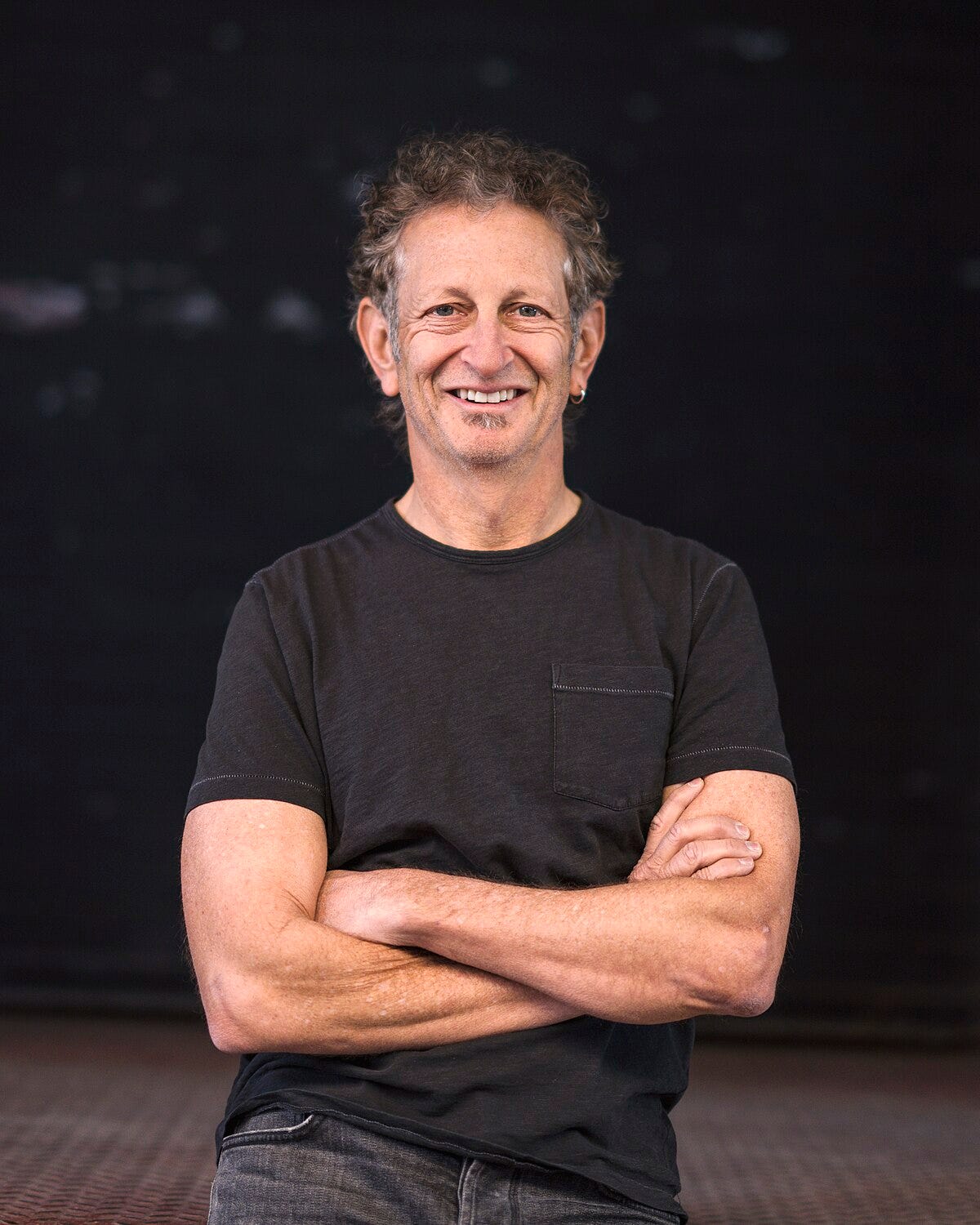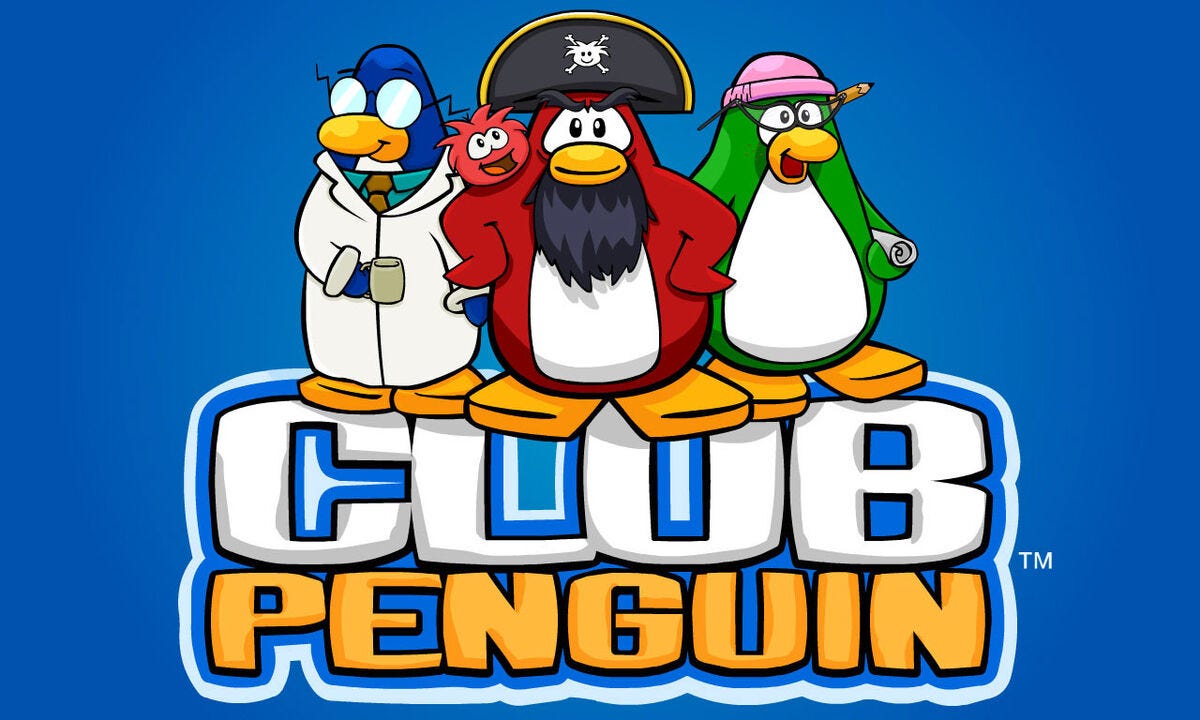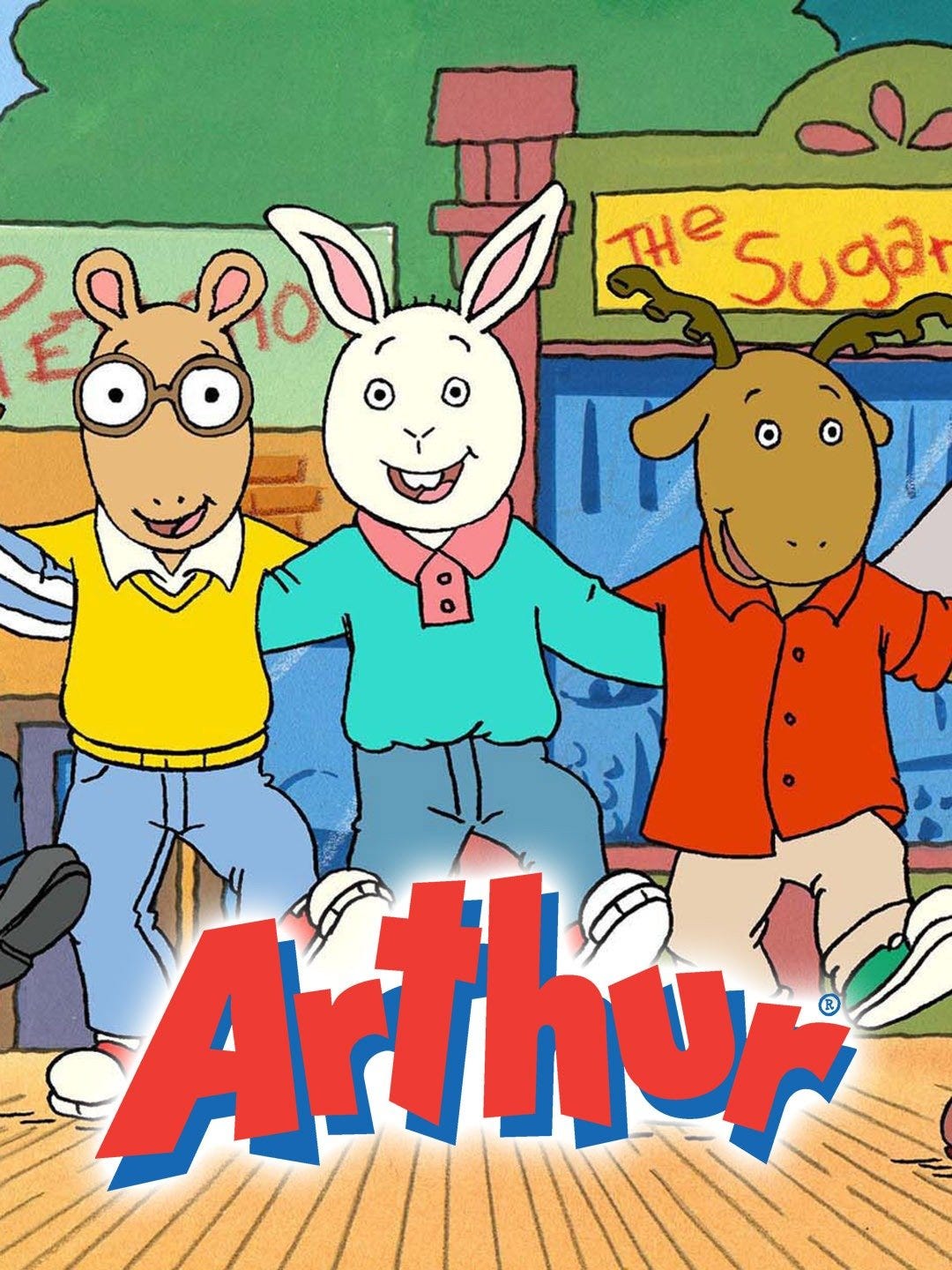The Infuriating Savviness of Kidz Bop
Why did we let a generation of kids grow up listening to whiny, sanitized covers of pop hits?
Welcome back to Can’t Get Much Higher, where music and data live in a peaceful harmony. If you don’t know, my name is Chris. I’ve been making music for the last 15 years and work at the streaming service Audiomack. I also have a book due out this November. That book has been taking up a ton of my time this week because the publisher just sent me a copy to review. To bide myself some time, my friend Catherine Sinow said she’d fill in this week.
Sinow’s words have appeared here before. In fact, the last time she filled in, she ended up writing one of the most popular editions in the history of this newsletter. This week she’s back with her most interesting topic yet: Kidz Bop.
The Infuriating Savviness of Kidz Bop
By Catherine Sinow
If you grew up watching Nickelodeon, you were probably inundated with Kidz Bop ads every other commercial break. They advertised CDs featuring covers of contemporary pop songs “by kids, for kids.” As the kids danced, a voice through your television would press you to call the number and order the CD (or cassette, in the case of the first six installments). The music itself, especially at the beginning of the Kidz Bop Kids’ career, was known for being low-quality, marked by tinny production, shoddy musicianship, and an obnoxious chorus of kids singing.
Their first album contains a particularly bad cover of “All the Small Things” by Blink-182. It features an adult man on lead who sounds like he’s had zero voice lessons and one too many cigarettes, accompanied by kids whining “na na na na na.” In fact, many early Kidz Bop recordings feature questionably talented adults.
As the series progressed, Kidz Bop music progressed to being of passable quality. They launched music videos and concerts with acceptable production value. The adult singers were ushered out of the studio and the singing children were now more charismatic, poised, and professional — case in point, Zendaya is a former Kidz Bop Kid. While some of the covers are unlistenable — like their version of the Gorillaz’ “Feel Good Inc” — others just come across as a slightly warped photocopy, like their rendition of Katy Perry’s “Roar.”
More than the poor quality of its music, the series is most known for replacing “adult” themes and words with kid-friendly modifications. References to sex, alcohol, relationships, and even cars are sanitized. In some cases it makes sense, like removing the “bottle of Jack” lyric from Kesha’s “Tik Tok” or the entire Snoop Dogg rap verse from Katy Perry’s “California Girls.” In other cases, the replacements are ridiculous.
The song “Starships” by Nicki Minaj contains the lyric “We’re higher than a motherfucker.” The Kidz Bop version sings “We’re Kidz Bop and we’re taking over.”
Their cover of “7 Rings” by Ariana Grande removes the reference to a his-and-hers closet.
The cover of Lady Gaga’s “Born this Way” removes most references to the LGBT+ community.
“All the Right Moves” by OneRepublic says “Over the world is death,” but Kidz Bop changes it to “Over the world is bleh.”
The cover of Green Day’s 'Wake Me Up When September Ends' removes reference to Billie Joe Armstrong losing his father at the age of 10 (“Like my father’s come to pass” → “Like the time has come to pass.”)
Kidz Bop, it seems, is not trying to gently introduce children to the darker parts of life, like you see with some other media aimed at children. Sometimes the artists being covered take note. Lil Nas X, for example, tweeted a screenshot highlighting a changed lyric for the cover of his song “Montero” (“I wanna feel on your ass in Hawaii” → “I wanna lie on a beach in Hawaii.”) Additionally, Fall Out Boy bassist Pete Wentz stopped “Dance, Dance” from appearing on Kidz Bop 10.
It’s weird to imagine people creating Kidz Bop, but this indeed happened, at the hands of fairly smart people. One of those people was Craig Balsam. Armed with a law degree, Balsam had a successful career in corporate law and music before he launched Kidz Bop on his Razor & Tie label.
Beginning in 2000, Kidz Bop’s irritating albums have charted on Billboard consistently. In 2015, Billboard published a list of artists that had released the most top 10 albums of all time. Just behind The Rolling Stones, Barbra Streisand, and The Beatles, were the Kidz Bop Kids. And they scored higher than Madonna, Elton John, and Bruce Springsteen. As of 2023, Kidz Bop have sold around 25 million albums. They also have a SiriusXM channel that plays their music 24/7.
Is Kidz Bop Bad for Kids?
Some people have criticized the entire premise of Kidz Bop, calling it backwards. In a Vox article, Aditi Shrikant noted as much: “[Dr. Christopher Bell] sees the product as both lazy and emblematic of our mistaken views on what censorship accomplishes. Kids’ media may take out ‘bad words,’ but it doesn’t fix the problem of violence and oversexualization of women in media and pop culture.’” Bell himself argues that our society “prioritizes censoring language over violence.”
Casey Mendoza from Scripps News offers an alternative: “Some children’s media experts and psychologists say it’s more important to actively pay attention to kids' media, ‘co-view’ or watch things with them and have conversations about it — rather than just passively play sanitized media for them.”
In a 2017 scholarly article, Halston Ashley Reasor writes, “Musical education is a vital component for intellectual growth, and Kidz Bop should not be used as an educational tool with evidence of negative messaging within the songs outweighing positive messaging…the children listening to Kidz Bop typically know the original songs, and the covers do not make them appropriate for consumption.”
In short, it’s unlikely that Kidz Bop is preserving your child’s innocence. As Reasor notes in their article, “[T]he children listening to Kidz Bop typically know the original songs.” But if Kidz Bop is not protecting children, it is doing something else pretty well: making parents comfortable.
We all know the jabbing feeling when you’re listening to music with people who are way older or younger than you, and an explicit detail emerges from the lyrics. No, Kidz Bop is not going to make your child the most conscious media consumer, but it does remove those awkward moments. Still, Kidz Bop’s prevalence might suggest some concerning trends with children’s entertainment.
The Children’s Music Zeitgeist
For this article, I spoke with my acquaintance Renee, who owned several Kidz Bop albums as a child. She brought up an important point: the lack of fitting media for middle schoolers. “Remember Claire’s?” she said, referring to the jewelry chain for tweens that went to bankruptcy and back. “We don’t have spaces for tweens anymore. Especially online; I used to play Moshi Monsters and that shut down, and so did Club Penguin. Now kids go directly into social media brain rot. Kidz Bop does children a service...it’s a conscious stepping stone.”
Research shows that children’s brains process music differently — the longtime existence of nursery rhymes shows this, too. And for a long time, kids’ music was dominated by nursery rhymes and Disney. Programs like Sesame Street and Schoolhouse Rock took off in the mid-century; Raffi appeared in the late ‘70s, coming in hot with classics like “Baby Beluga” and “Apples and Bananas.” In the ‘90s, the Wiggles solidified children’s music as a cringey cultural powerhouse worth millions. But there was still a lack of modern music for children ages 7 to 10—Kidz Bop, as awful as it is, still helps fill the space between “music for babies” and exposure to WAP.
America wasn’t the only place where pop song covers flourished, either. For example, the Czech Republic has a wildly popular act called Maxim Turbulenc. “Most of their music consisted of covers of [Czech] pop songs for kids, but they somehow managed to make them sound dirty,” my friend Pavla told me.
The turn of the millennium was a good time to launch Kidz Bop. While the 1980s were the definitive years of under-supervised latchkey kids, millennials were subject to helicopter parenting from boomers. Kidz Bop gave these parents a convenient soundtrack to go with their parenting style.
Kidz Bop fits snugly into the market, but there’s a lack of artistry. It’s a gimmick-driven product rather than a creative achievement. The Wiggles are insufferable, but at least their music is deliberate — the original members were preschool teachers, and their music is informed by theories of childhood development.
Young adult literature has blown up and became its own economy, delivering all sorts of stories written just for a certain age group. Imagine if, instead, children only had reprints of books for adults but with every suggestive theme removed—a concept that has actually been done before with the book Marley & Me.
Which brings me to what I think is the ultimate counterpoint to Kidz Bop. It’s a TV show that debuted around the same time, Arthur, which depicts a group of suburban schoolchildren. It was a deeply empathetic, realistic show that gracefully introduced children to the tough subjects of life. Wikipedia lists a few: “asthma, dyslexia, cancer, diabetes, and autism.”
I think the children’s music industry should take cues from both the diversity of young adult literature, and the realism of Arthur. Kidz Bop has its purpose, sure, but I think our children deserve better.
A New One
"Vindication of the Lives of Women" by Billy Nomates
2025 - Post-Punk/New Wave Revival
Billy Nomates (real name Tor Maries) has been making a hybrid of punk and synthpop for the last few years—the draw is a refreshing attitude that sounds dry, exhausted, and sincere, yet full of energy. This song was created for a musical called Mary and the Hyenas, which is about the life of OG women’s rights activist Mary Shelley Wollstonecraft. Although that sounds unsuited for casual listening, the album consists of untheatrical new wave songs—this one (named after a Wollstonecraft essay) sounds like an anthemic ‘80s classic.
An Old One
"Faces" by Clio
1980 - Italo Disco
I don’t know very much about Italo disco, but everything I hear from the genre suggests it contains mountains of gold. This song, which has made rounds on the YouTube algorithm, has sharp analog synths, a powerful drum machine, a cutesy female singer and a melody that won’t quit. This is one of three songs that Clio released, so we have to be happy with what we have. Although you can get a lot of mileage out of playing this over and over. In the words of a YouTube comment: “I’ve accidentally put this track on repeat at a party and even after the 8th time people were vibing and dancing.”
This piece was by Catherine Sinow. Sinow is a Californian living in Oregon. Her writing explores how music intersects with society in bizarre ways. Read her other work at anonymousvalley.com.








This article nails this issue on the head. I'm an elementary music teacher and I loathe KidzBop, while at the same time recognizing it's necessity. The quality of the music is crap. I want much better for my students. I want them to learn to appreciate the real-life sounds of not only an orchestra, but an electric guitar and a really good drum or piano solo, not music recorded on a computer.
At the same time... I need music to play for filler, or events, games, etc. A great example is Bruno Mars' "Uptown Funk". The original is a brilliant example of great song-writing, musicianship, and artistry. The song serves many purposes in an elementary school. But it says "Hot Damn", which I'm not allowed to play in a rated G setting. So I settle for Kidz Bop.
Anyway.. I appreciate both Chris and his guest author bringing this issue to light. It shows a bigger problem, like you said, of kids now being forced to transition from preschool to adulthood too soon. Like going from Cocomelon to Arianna Grande, both literally and metaphorically, without anything to let them be kids in the middle.
You should talk to Prof Tyler Bickford at Pitt who’s written several academic articles about KidzBop. :)
https://www.english.pitt.edu/people/tyler-bickford